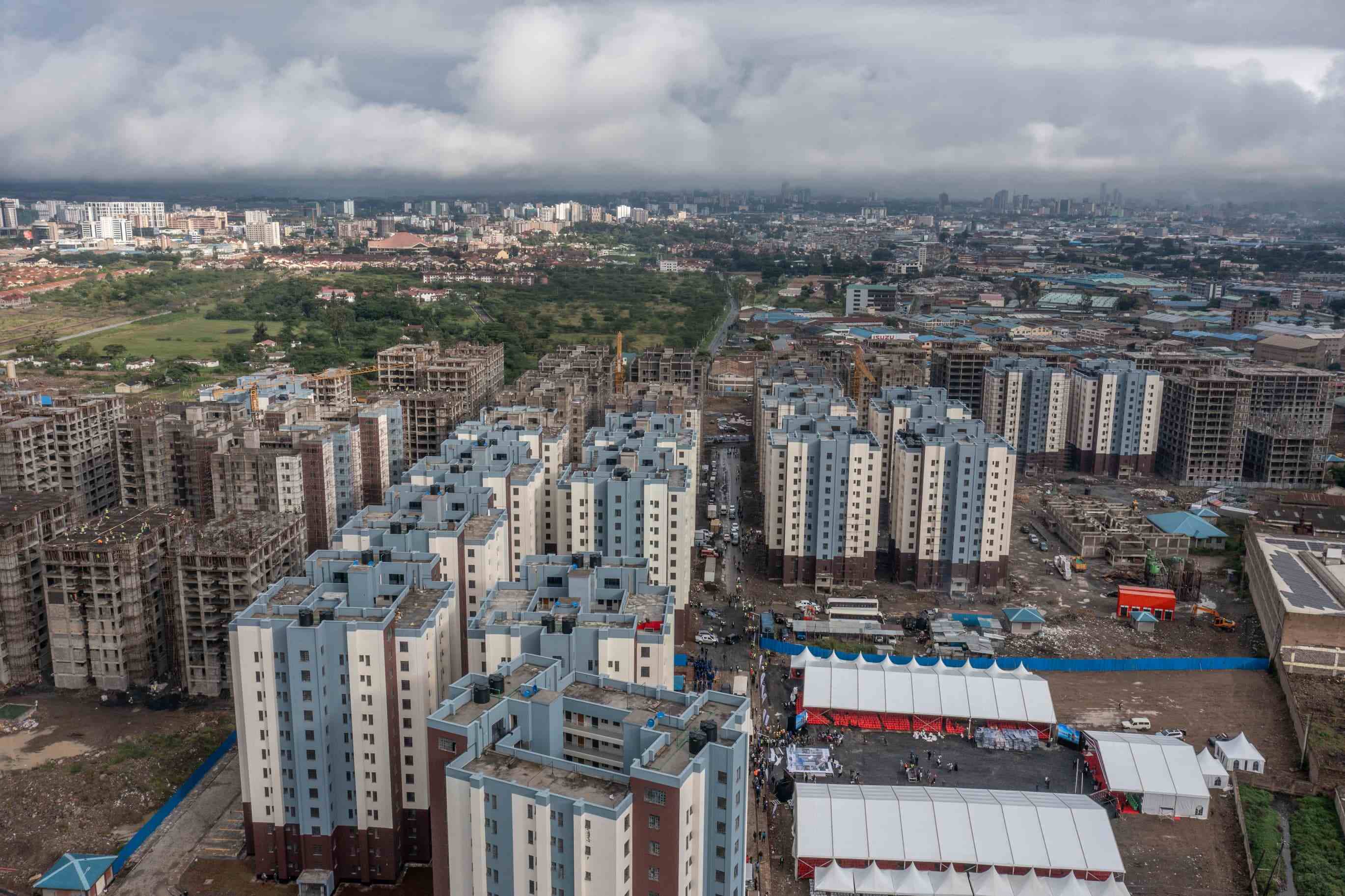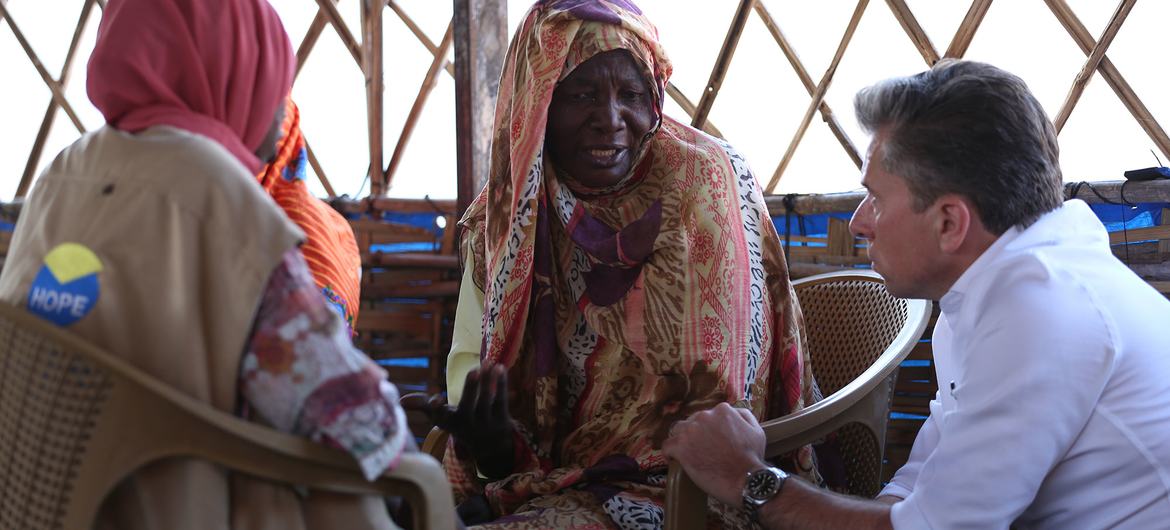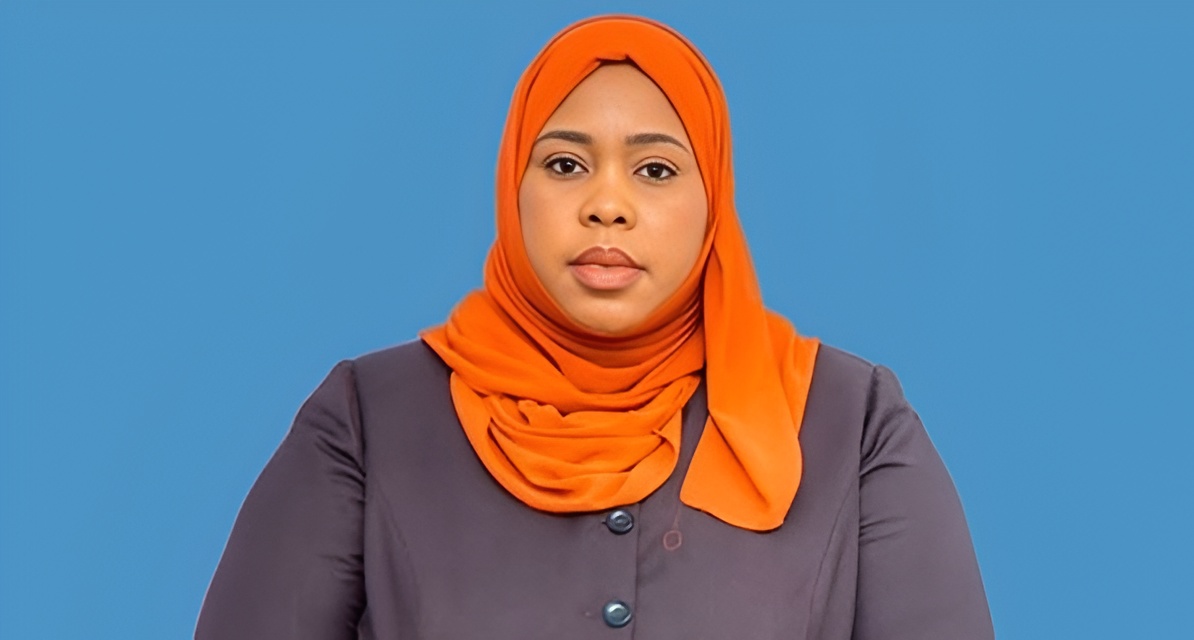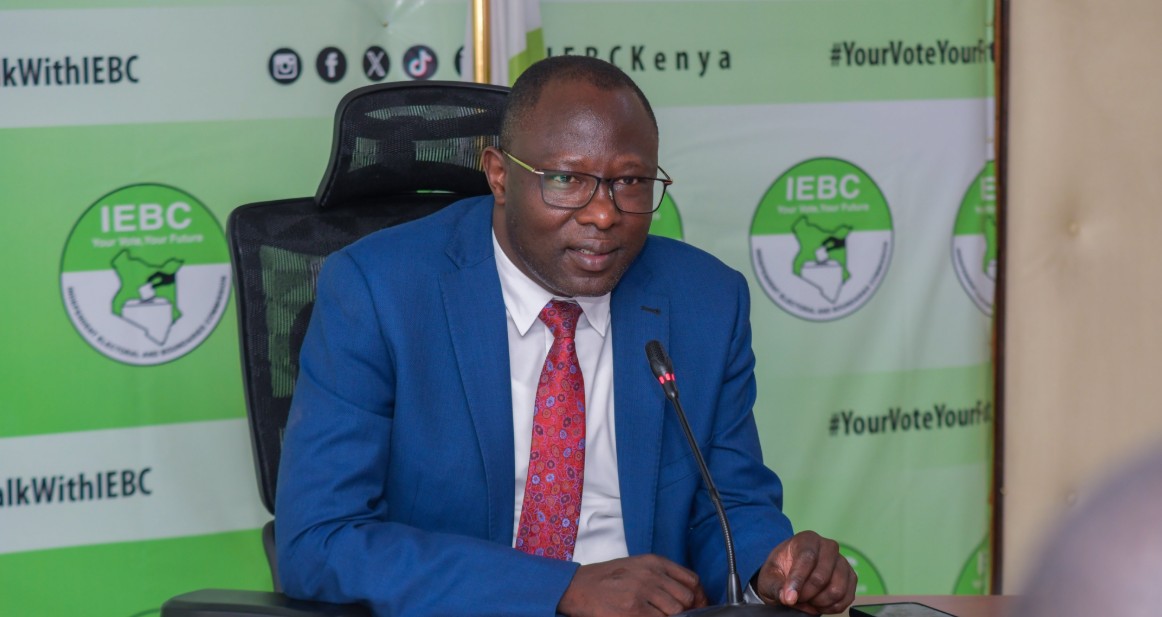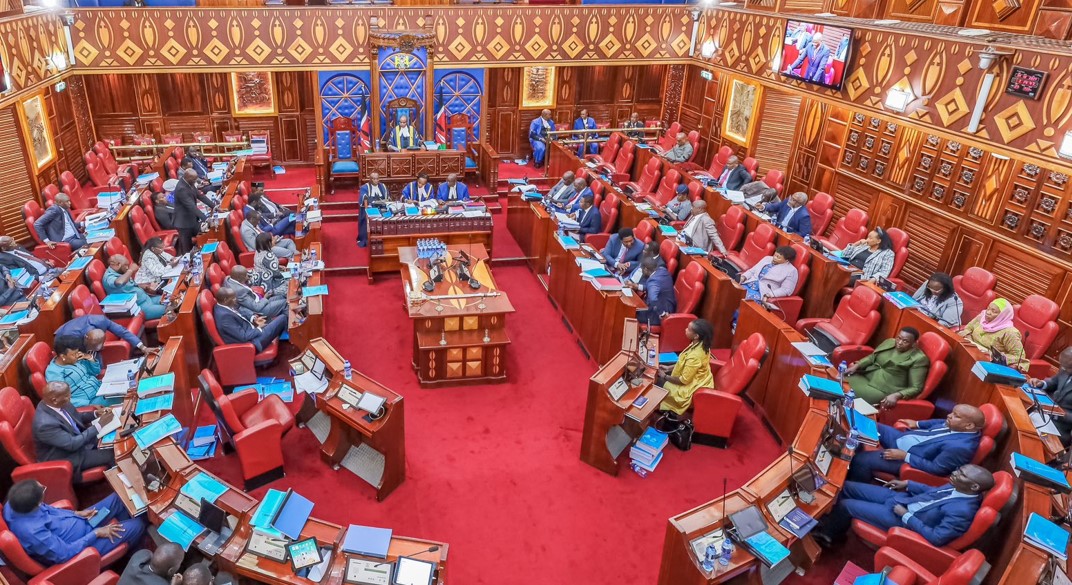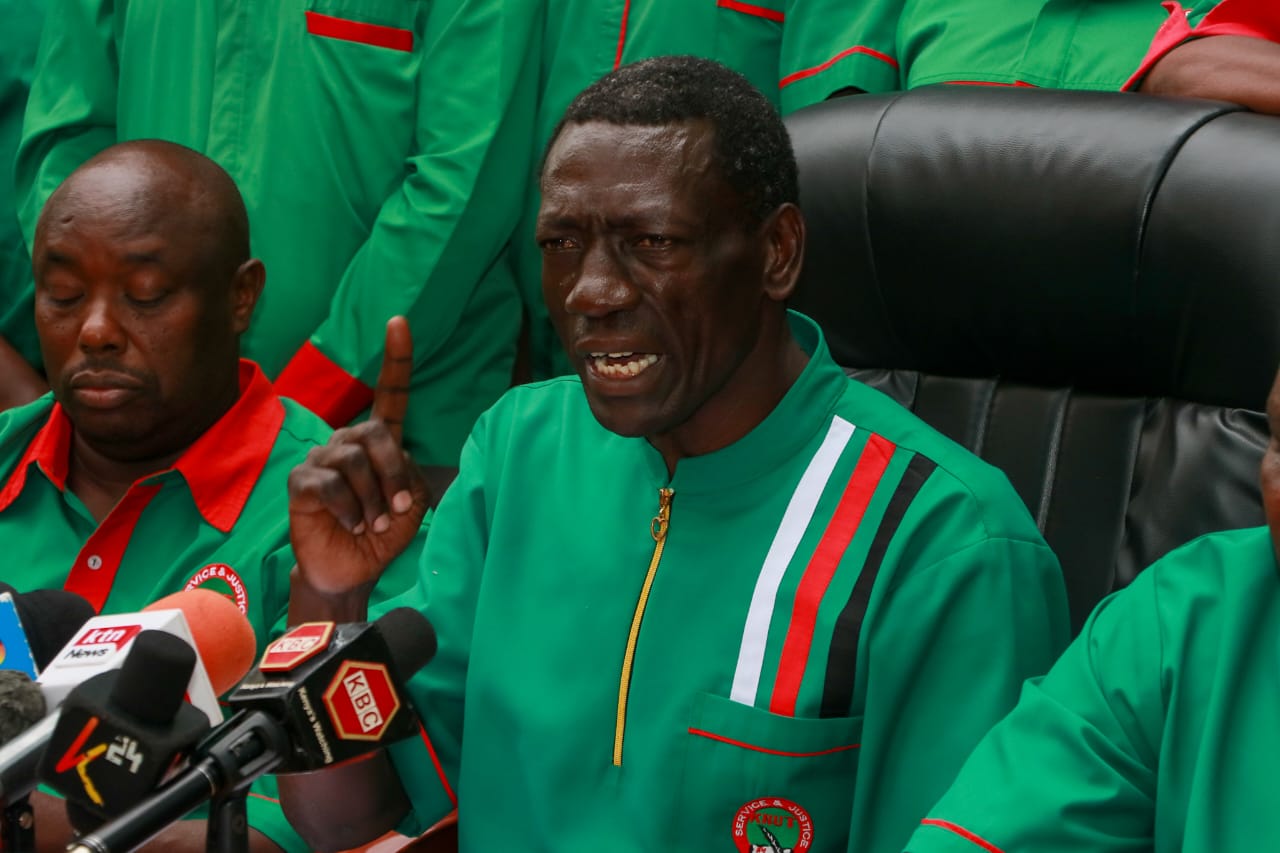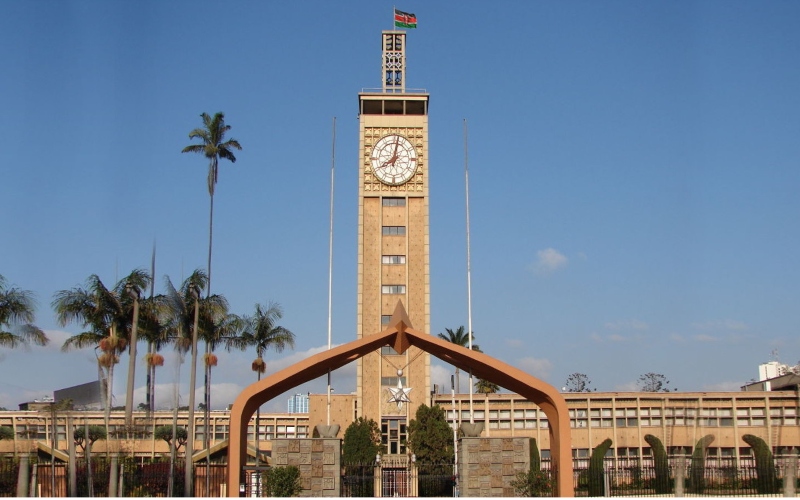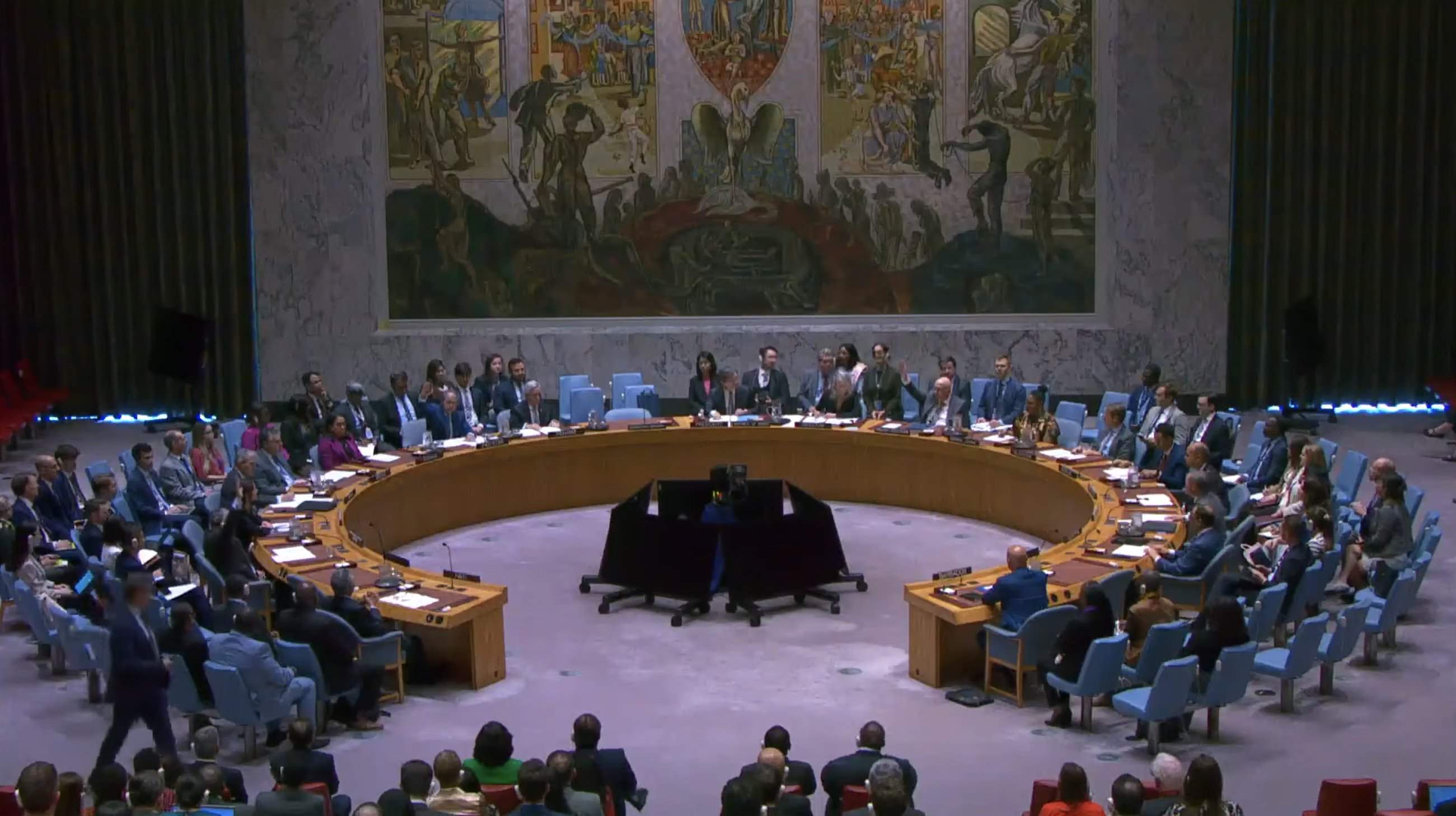Africa's seed market value surges to $4 billion on investments in plant breeding
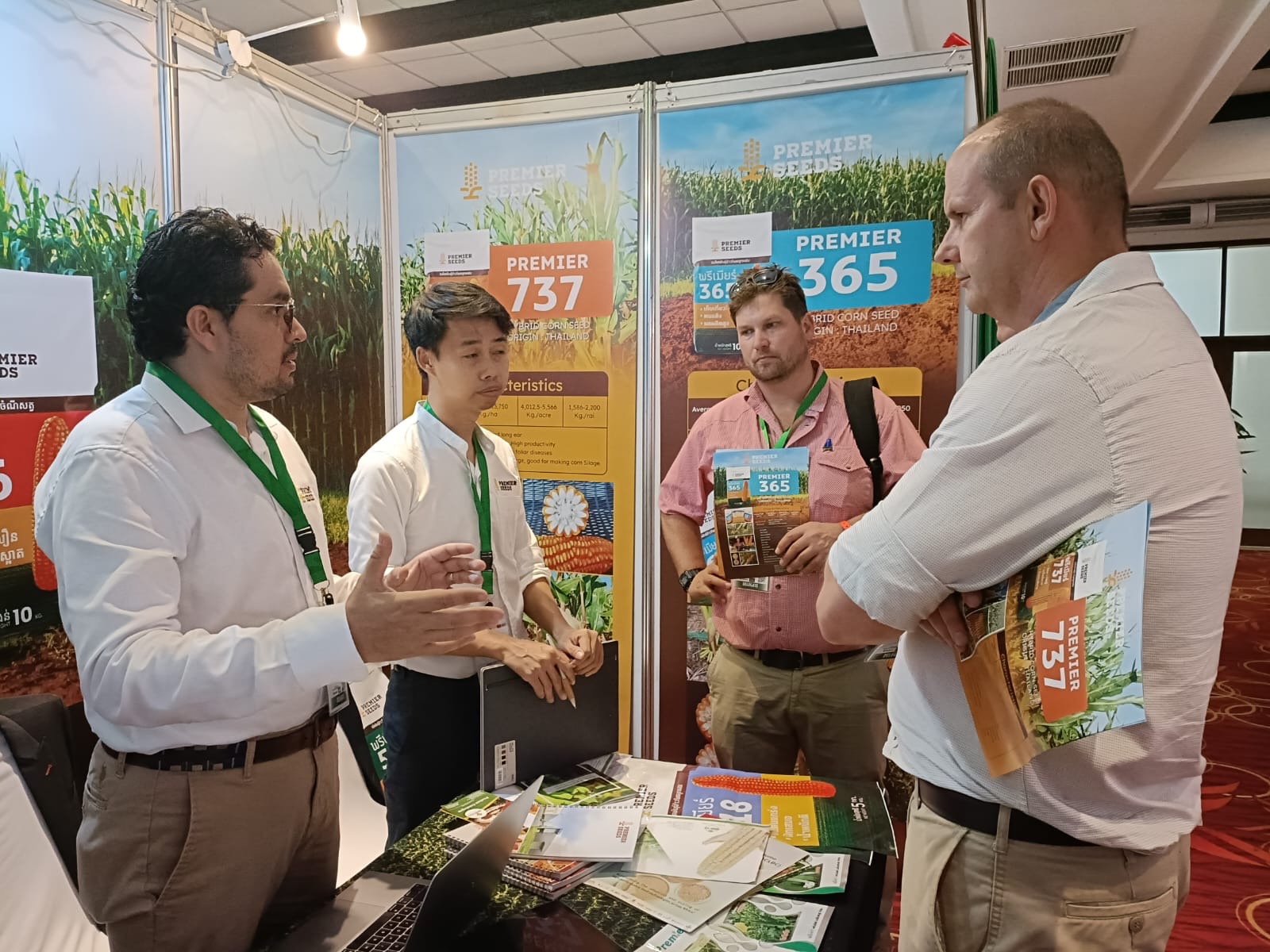
The African Seed Trade Association Annual Congress being held in Mombasa aims to address challenges and unlock opportunities within the seed value chain.
The current value of the African seed market is nearly $4 billion after experiencing about $1 billion growth in the past 12 years, according to Dr Kulani Machaba, President of the African Seed Trade Association (AFSTA).
The 24th AFSTA Annual Congress kicked off in Mombasa, gathering key stakeholders from across the continent to deliberate on critical issues shaping the future of Africa's seed industry.
With a focus on leveraging scientific advancements and technological innovations, this year's Congress aims to address challenges and unlock opportunities within the seed value chain.
Dr Kulani Machaba, President of AFSTA, set the tone by highlighting the impressive growth trajectory of the African seed market, which currently stands at nearly $4 billion.
“Several factors have led to this growth. They include increased investment in plant breeding and commercial release of high-yielding varieties, commercialisation of high-yielding biotech traits (insect/herbicide-tolerant traits and water-efficient varieties) in countries such as South Africa, Nigeria, Malawi and Kenya; and increased seed movement within Africa due to lowering of technical trade barriers,” he added.
He noted over the past 12 years, the sector has witnessed remarkable expansion, experiencing a $1 billion increase attributed to heightened investments in plant breeding and the commercialization of high-yielding biotech traits.
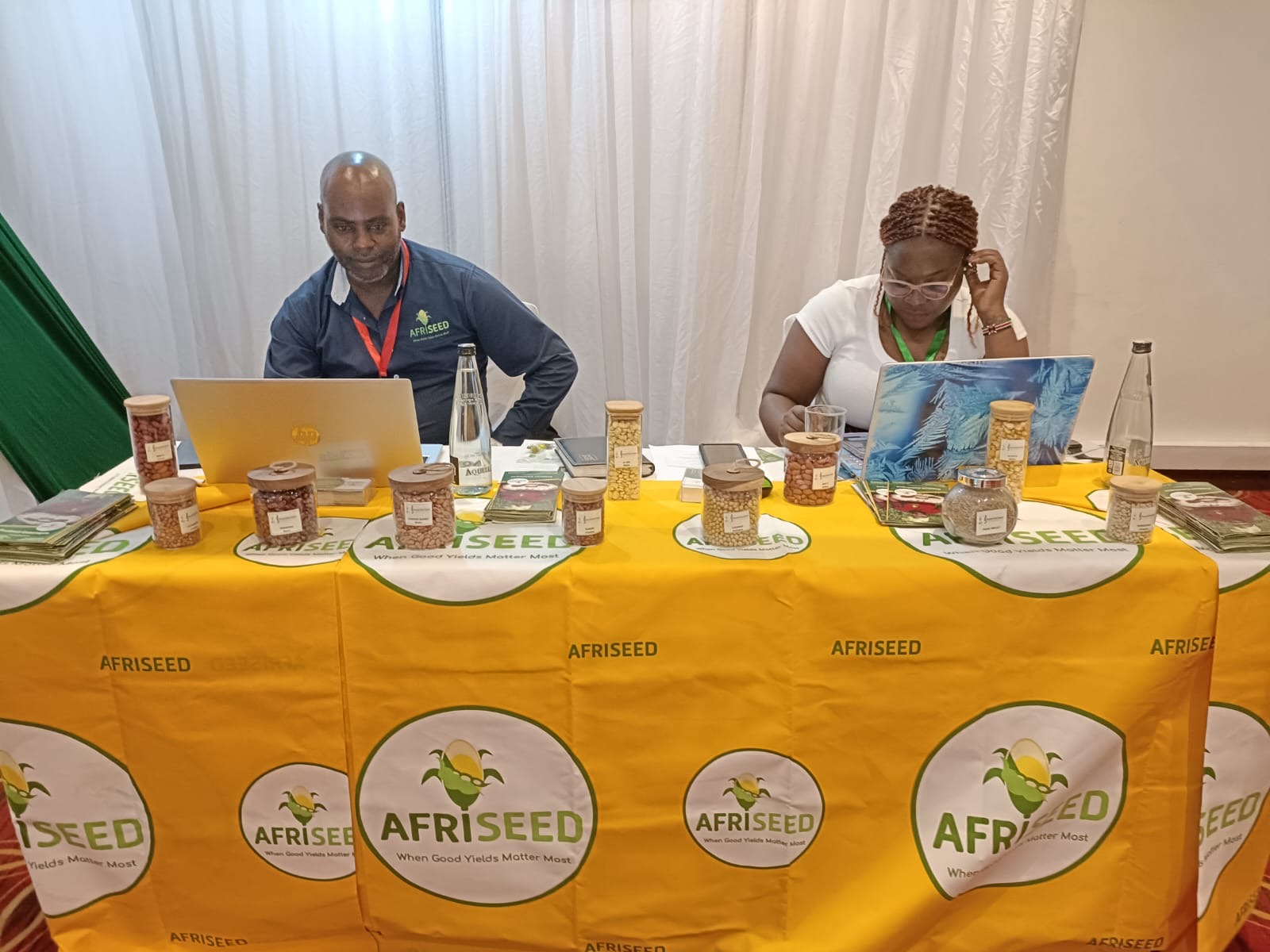 Participants during the 24th African Seed Trade Association Annual Congress in Mombasa. (Photo: Farhiya Hussein)
Participants during the 24th African Seed Trade Association Annual Congress in Mombasa. (Photo: Farhiya Hussein)
Dr Machaba emphasised the Congress's role in sustaining this growth momentum and fostering further advancements.
In his address to delegates, AFSTA Secretary General, Justin Rakotoarisaona, underscored the significance of the Congress amid burgeoning discussions surrounding genome editing technology's potential in enhancing food security across Africa.
Rakotoarisaona reaffirmed AFSTA's commitment to fortifying the seed sector through strategic initiatives aimed at promoting innovation and resilience.
Chairman of the National Organizing Committee. Wellingtone Wasike commended Kenya's regulatory reforms, which have paved the way for responsible self-regulation among private sector players.
“The Kenyan seed sector celebrates the milestones achieved within the regulatory space. The anchor regulator has opened the space for responsible self-regulation among private sector players. Building efficiency around this noble step is critical as it creates the platform for connectivity in tracking quality and building sustainability as we work to ensure the farmer access to high-quality seed,” says the Chairman of the National Organising Committee (NOC), Wellingtone Wasike.
 Participants during the 24th African Seed Trade Association Annual Congress in Mombasa. (Photo: Farhiya Hussein)
Participants during the 24th African Seed Trade Association Annual Congress in Mombasa. (Photo: Farhiya Hussein)
However, Wasike also highlighted the urgent need to address climate change's adverse effects on agricultural productivity, stressing the importance of resilience-building measures within the seed sector.
“It is crucial for countries to prioritize discourse around this subject to avert the negative implications it will have on food production and productivity,” said Mr Wasike, adding that the congress will put into perspective the impact of climate change on the production of the seed.
Despite challenges, including climate variability and pest pressures, the African seed sector says it has witnessed significant growth and increased international trade.
In 2020 alone, over four million tonnes of seeds were traded, underscoring the sector's economic significance.
A recent report by Mordor Intelligence revealed that the global seed market has tripled in size since 2000, reaching nearly $73 billion.
The Congress featured a diverse array of sessions aimed at addressing key issues facing the seed industry.
A pre-congress workshop on seed treatment explored innovative technologies such as Victrato and biologicals, aimed at enhancing seed quality and resilience against pests and diseases.
Throughout the Congress, speakers delved into topics ranging from challenges and opportunities within seed trade associations to emerging seed technologies and regulatory harmonisation.
Dr Canisius Kanangire of the African Agricultural Technology Transfer Foundation and Dr Solomon Assefa Gizaw of the Technology for African Agriculture Transformation initiative offered valuable insights into enhancing seed adoption rates and streamlining regulatory frameworks.
Top Stories Today
